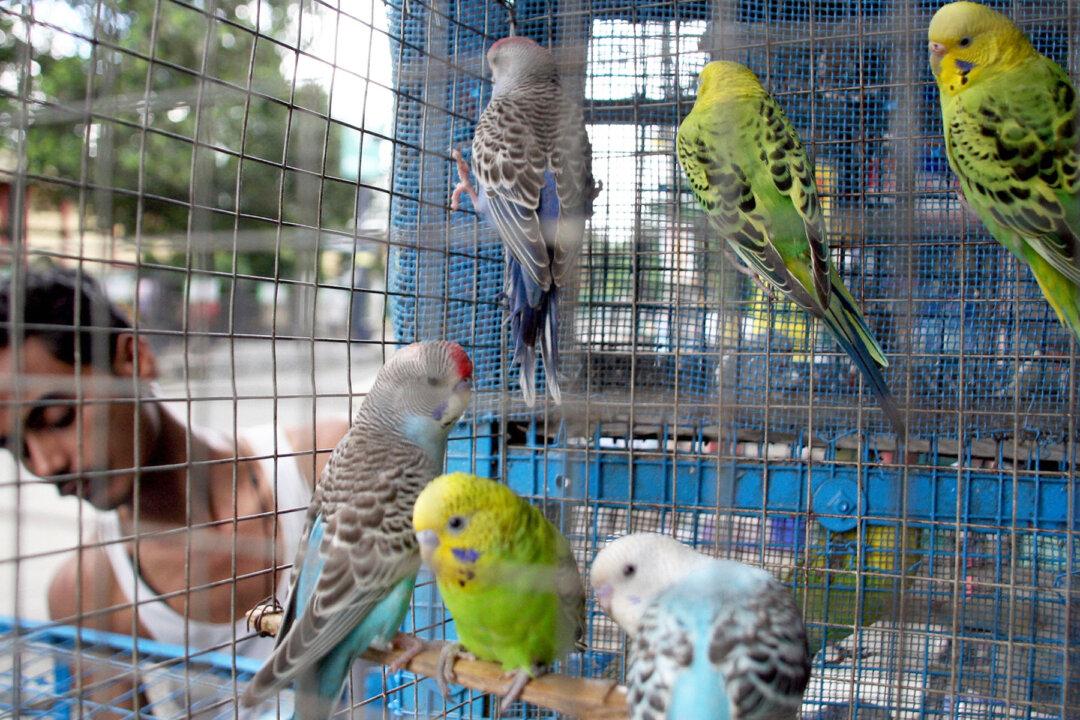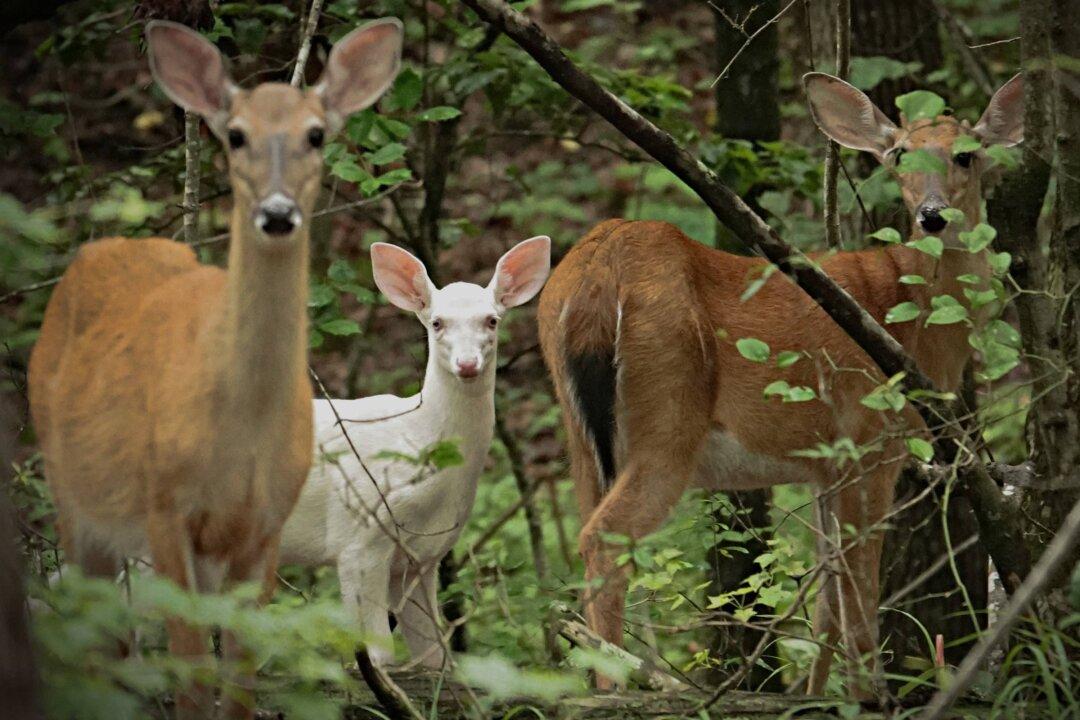Despite massive conservation efforts, the illegal wildlife trade continues around the world, putting endangered species at risk and threatening millions of vulnerable animals. In India, the trade of pet birds is a big issue. Thus, this makes the news of 550 protected Indian birds being rescued from an illegal pet market in Kolkata even more harrowing.
On April 7, 2019, the Hindustan Times reported that the Wildlife Crime Control Bureau (WCCB), under the Union ministry of environment, forest and climate change and the West Bengal forest department rescued hundreds of Indian birds from a notorious illegal pet market on Galiff Street in central Kolkata in two consecutive raids. The authorities managed to seize 550 protected Indian birds, including the parakeet, hill myna, and Asian Koel. According to the report, several newborn chicks were also found crammed inside a small cage.





